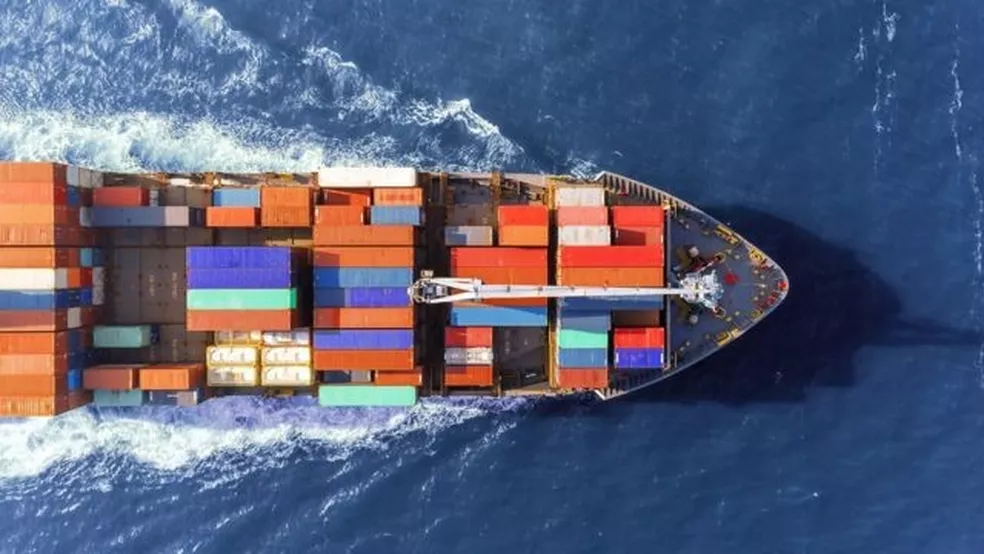
Blank Sailing
Oct, 25, 2023The term “blank sailing” in navigation refers to a practice adopted by maritime shipping companies, especially in container shipping operations, where a specific ship scheduled for a particular voyage fails to carry out that planned trip. Instead, the ship remains inactive during that route, resulting in the absence of cargo at one or more ports.
There are several reasons why a shipping company may choose to implement a blank sailing:
- Low cargo demand: When the demand for cargo transportation falls short of expectations, shipping companies may opt to cancel a scheduled voyage to avoid financial losses stemming from operating a vessel with insufficient utilization.
- Seasonal adjustments: Some maritime transport routes experience significant seasonal fluctuations in cargo demand. For instance, during low seasons such as holidays or economic downturns, companies may carry out blank sailings to adjust to the drop in demand.
- Fleet optimization: Shipping companies may use blank sailings to optimize operational efficiency as part of their fleet management strategy. This may include conducting scheduled ship maintenance or strategically redistributing vessels across different routes.
- Cost reduction: In certain situations, canceling a scheduled voyage can be a cost-saving measure, such as reducing operational expenses like fuel and personnel costs when demand does not justify proceeding with the voyage.
- Adapting to unforeseen events: Unforeseen events, such as technical issues with a vessel, adverse weather conditions, or safety concerns, can compel a shipping company to carry out a blank sailing to ensure the safety of both cargo and crew.
Blank sailing can impact supply chains and logistical planning for companies relying on maritime transportation. Therefore, shipping companies typically communicate actively with their customers and logistics partners regarding any planned blank sailings to minimize disruptions and find alternative transport solutions when necessary. This practice is part of the dynamic nature of the maritime transportation industry, where decisions are often made based on fluctuations in demand and market conditions.
-
Meat
Mar, 18, 2025
0
Beef Exports Fell 6% in February, Says Abrafrigo
-
Shipping
Jul, 28, 2020
0
Why has River Plate transshipment cargo via Brazil grown over the years?
-
Ports and Terminals
May, 20, 2021
0
Cattalini receives the largest ship in its history
-
Ports and Terminals
Sep, 02, 2024
0
Brazil investigates dumping practices in exports of coated flat steel products from China

